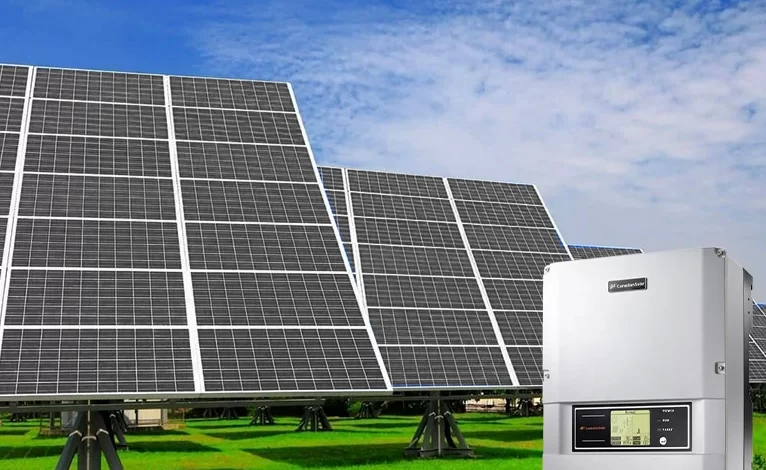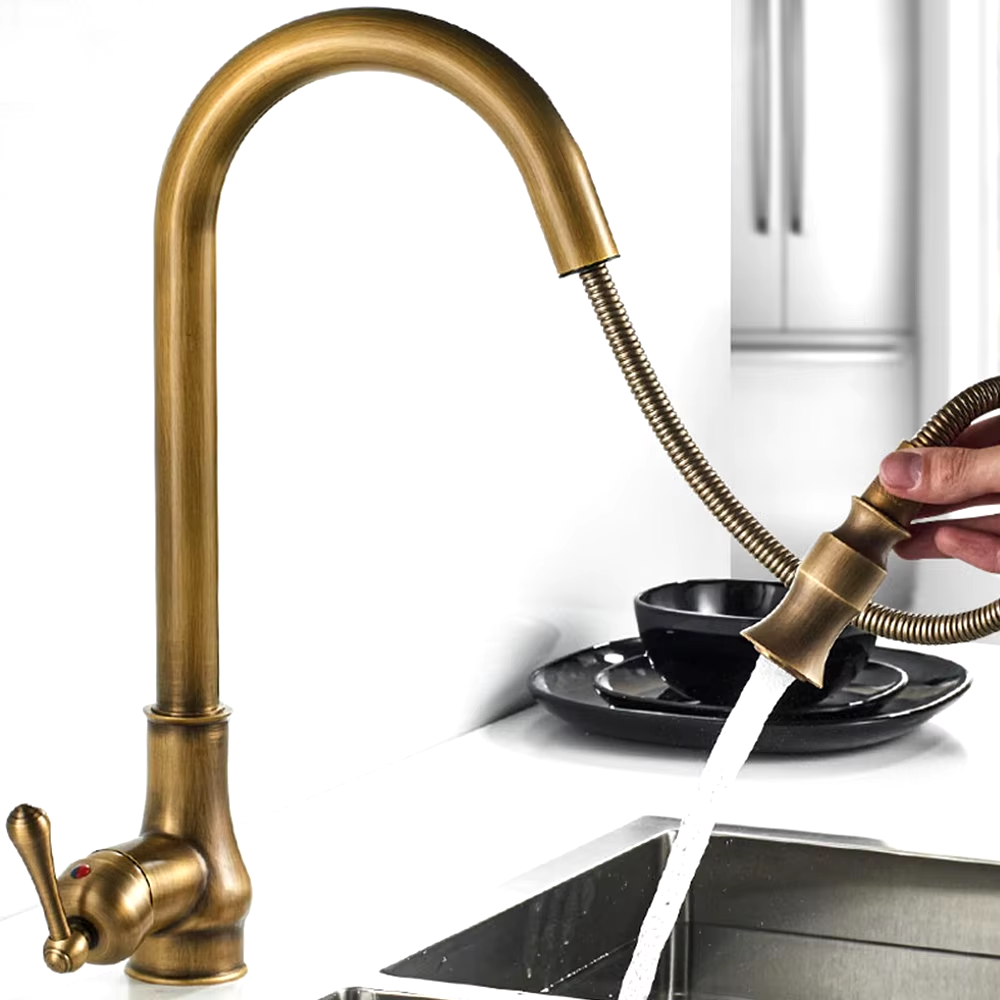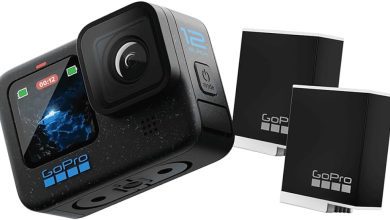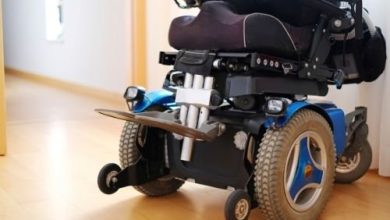What Does a Solar Panel Inverter Do?

When it comes to solar energy, one of the most important parts of a solar panel system is the inverter. But what does a solar panel inverter actually do? Understanding this component is key to grasping how solar energy works and how it can benefit us, especially if you’re considering options like a reputable Charlottesville solar installer such as Virtue Solar.
What Is a Solar Panel Inverter?
A solar panel inverter is a device that converts the direct current (DC) electricity produced by solar panels into alternating current (AC) electricity. Most of the appliances in our homes run on AC electricity, so this conversion is crucial. Without an inverter, the electricity generated by your solar panels wouldn’t be usable in your home.
How Do Solar Panels Work?
Before diving deeper into what an inverter does, let’s briefly go over how solar panels work. Solar panels are made up of many smaller units called solar cells. These cells capture sunlight and convert it into DC electricity. When the sunlight hits the solar cells, it excites the electrons, creating an electrical current.
Why Is AC Electricity Important?
AC electricity is important because it can be transmitted over long distances without losing too much energy. This is why the electricity supplied by power plants is in AC form. Most homes and businesses are set up to use AC electricity, so the inverter’s role in making this conversion is essential.
Types of Solar Inverters
There are a few different types of solar inverters, each with its own advantages:
- String Inverters: These are the most common type. They connect a series of solar panels (or “strings”) to one inverter. This setup is usually cost-effective and easy to install. However, if one panel isn’t performing well (due to shading or dirt), it can affect the entire string.
- Microinverters: Instead of having one central inverter, microinverters are installed on each individual solar panel. This means that each panel operates independently, which can be beneficial if some panels are shaded while others are not.
- Power Optimizers: These devices are like a combination of string inverters and microinverters. They are installed on each panel but still connect to a central inverter. This setup can help optimize the output of each panel while keeping costs lower than full microinverters.
- Hybrid Inverters: These inverters are designed to work with both solar panels and solar battery backup systems. This means they can convert DC electricity from the panels and manage the electricity stored in batteries.
How Inverters Work
Now that we know the types of inverters, let’s see how they work in action:
- Conversion: As mentioned, the primary function of an inverter is to convert DC electricity into AC electricity. It uses a process called “inversion” to change the current from direct to alternating.
- Monitoring: Many modern inverters come with monitoring capabilities. This means they can track the performance of your solar panels and let you know how much energy is being produced. This data can be accessed through a smartphone app or a computer.
- Safety Features: Inverters also include safety features. For example, if there is a power outage, the inverter can disconnect from the grid to keep you and your equipment safe. This is important for those with a solar battery backup system, as it allows you to keep using energy stored in your batteries.
- Grid Connection: Inverters can also help connect your solar system to the electricity grid. This means if your solar panels produce more energy than you use, you can send that extra energy back to the grid. In return, you might receive credits or payment, depending on local regulations.
Benefits of Using a Solar Inverter
Using a solar inverter has many benefits:
- Efficient Energy Use: By converting DC to AC electricity, inverters ensure that the energy produced by your solar panels can be used effectively in your home.
- Improved Performance: With monitoring features, you can keep track of how well your solar panels are performing. If there’s an issue, you can address it quickly.
- Safety: Inverters have built-in safety features that protect both your home and the power grid.
- Cost Savings: By generating your own electricity, you can reduce your energy bills. Plus, if you have a solar battery backup, you can store energy for later use, making you less reliant on the grid.
- Environmental Impact: Using solar energy reduces your carbon footprint, which is good for the environment. More people installing systems like Harrisonburg solar installation helps in the fight against climate change.
Conclusion
In summary, a solar panel inverter is a crucial component of a solar energy system. It converts the DC electricity from solar panels into AC electricity that can be used in our homes. There are various types of inverters, including string inverters, microinverters, power optimizers, and hybrid inverters, each with their own advantages.
By understanding what a solar inverter does, you can appreciate its role in making solar energy accessible and efficient. Whether you are exploring options for Charlottesville solar or considering a Harrisonburg solar installation, knowing about inverters can help you make informed decisions about your solar energy needs.
With the right inverter, you can enjoy the benefits of solar power while contributing to a more sustainable future. And if you are considering adding a solar battery backup to your system, your hybrid inverter can help manage both the solar energy production and the stored energy effectively. Solar energy is not just the future; it’s a smart choice for today!






